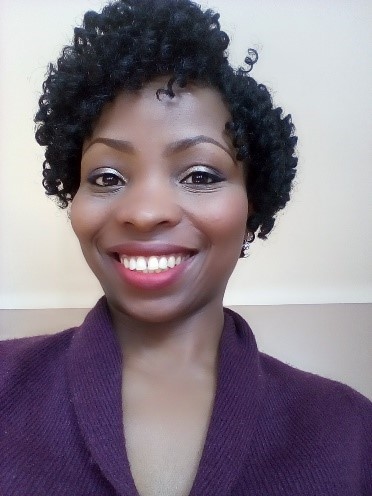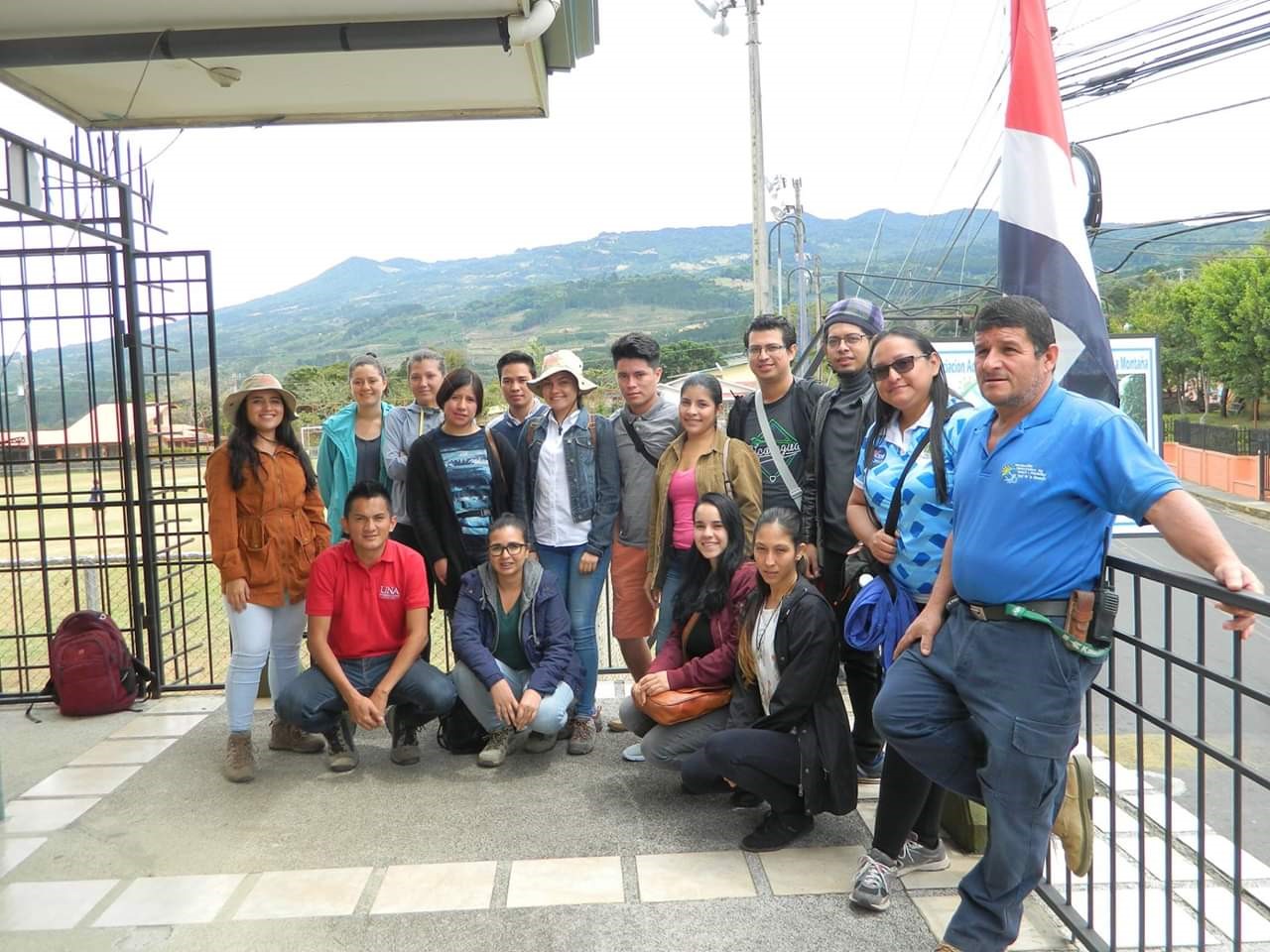This year we are celebrating 30 years since the Rural Water Supply Network was formally founded. From very technical beginnings as a group of (mostly male) experts – the Handpump Technology Network- we have evolved to be a diverse and vibrant network of over 13,000 people and 100 organisations working on a wide range of topics. Along the way, we have earned a reputation for impartiality, and become a global convener in the rural water sector.
RWSN would not be what it is today without the contributions and tireless efforts of many our members, organisations and people. As part of RWSN’s 30th anniversary celebration, we are running a blog series on rwsn.blog, inviting our friends and experts in the sector to share their thoughts and experiences in the rural water sector.
This is a guest blog by RWSN Member Bethlehem Mengistu, based in Ethiopia.
I joined the water sector after working in the broader development space for several years, largely on gender equality, good governance, human rights and civil society strengthening. I chose the water sector because its direct impact on people’s lives was so vivid. On a lighter note, my ‘Aha!’ moment was when I was able to easily explain my work to my 5-year-old niece which reaffirmed its value as well as the relevance of my career choice. I have learned that the most meaningful choices are easily understood as they are closely linked to serving others and positively impacting lives. Having worked in the water sector for over many years, I have had the opportunity to work with and contributed in various roles- from Senior Advisor, Pan African Manager to Country Director in international NGOs, bilateral/donor organisations, and civil society.
The overarching highlight across these roles is the amazing impact access to water has on communities – women, men, girls and boys. The immediate impacts are often obvious – access to water saves lives; it enables the potential for a life of dignity and health. However, the most exciting impacts are the more subtle social and psychological impacts we often gloss over in our reports because they are difficult to quantify.
I fondly recall my proud moments from my visits to project sites where the return on investment from water resulted in better health, quality education and stronger government institutions. Some of the stories of change and impact still resonate with me; they are reminders that while there is still a lot more work to be done to ensure universal access, a lot of good work has already been registered. I remember meeting a man in a maternal and child health centre, which recently gained access to running water, stating that he was able to attend the birth of his child because he didn’t have to spend time fetching clean water to the birthing ward for the delivery.
Another story that stuck with me was my visit to a Rural Water board, a type of community-run utility, in 2017 in Ethiopia. The scheme was constructed in 1996 with 80 public taps and 143 km of pipeline. The scheme has expanded its service over time and at the time of my visit, it was serving 13 villages, with nearly 4000 domestic connections, and accumulated savings of ETB 3.8m (approximately US$160,000). The project was handed over to the utility several decades ago, it was a time when ‘systems oriented’ programming was lesser known but presents evidence that thinking beyond the immediate gains i.e. access rates, and considering elements that keep the service running are key to sustainable results. This model of water supply management challenged the conventional notion that communities are not able to manage large or complex water supply schemes. The model also conveyed that economies of scale are achievable with a skilled team of staff to effectively run the water scheme supported by robust governance and accountability structures.
But what do these results really mean on the broader narrative of how we (implementers), as well as donors, qualify results and success from water projects? It is essentially about the long game, about re-imagining what qualifies as a successful and transformative water program. Thinking beyond boreholes and pumps onto partnerships that enable government and national leadership, institutional building, lifecycle costing, operation and maintenance, inclusion and equity, and various other aspects. A typical response to this thinking might be: People need water today so why complicate things by talking about complex concepts? Well, the normative approach to project-based investment is not resulting in transformative and sustainable water services! If we are looking to make low service levels and failed water points a narrative of the past, a comprehensive and systemic approach to tackling sustainability is the most viable pathway.
The challenges during my leadership journey in the water sector were largely linked to the fact that I didn’t have a large pool of female peers to learn from and share challenges with. This required me to cultivate my own ‘sister circle’ which is critical for both professional and personal growth. Like most development sectors issues of intersectionality and localisation are visible in the water sector, diversity in representation especially in leadership and decision-making roles can gain from change. In many of the spaces I was part of during my career I was amongst the few women present in the rooms and the more senior the leadership role, i.e.: Director or Senior Advisor, the fewer the number of women present. This was especially vivid when I was attending sector meetings with government ministries, investors and other stakeholders. Across both public and non-government spaces, it is usually the case that most senior roles are occupied by senior men who have been in their roles for an extended period. While this may add value to institutionalising practices, it has adversely impacted innovation, equality, and inclusivity in policy and practice. This requires a course correction because inclusion and localisation are effective pathways to sustainable outcomes that will get us closer to realising universal access to water. It will be difficult to expect a different result if we are applying the same approach to tackling problems.
Given that diversity and inclusion is a recognizable challenge in our sector useful efforts by RWSN to promote mentorship programs for young professionals and women in water have been quite useful. It is evident that other platforms are also taking the learnings and nuggets to shape similar interventions, including Agenda for Change’s upcoming Women in WASH mentorship program. It also points to the immense value RWSN has had over the years in brokering resources, learnings, and practices amongst sector actors. Over the course of several years, the network has been the go-to for knowledge, resources, and contacts for water practice and practitioners.
Looking forward it is clear that delivering universal access where no one is left behind will require a systems-oriented, innovative and dynamic approach. Collaboration and partnership present opportune avenues for water sector actors to punch above their unilateral weight to achieve collective impact in light of increasingly complex operating spaces. The pandemic has highlighted that water is not only a development target in itself but also, more importantly, an enabler of most other SDG targets. It is observed that communities with high levels of access are resilient to health or environmental shocks. Investing in water is just good business sense, the social impact is the bonus. I expect that going forward the interface of the water sectors with other sectors (health, nutrition, food security) will become increasingly prominent as contexts remain unpredictable. Linked to these emerging factors I appreciate my current role as Global Coordinator for Agenda for Change, a global platform that convenes key water sector actors to collectively tackle notable challenges facing the sector to accelerate sustainable universal access. Over the coming years, I hope to continue to contribute to and influence the sector in a senior global role while championing equality and inclusive approaches for lasting impact.
About the author: Bethlehem is a long-time global WASH expert with a passion for building collaboration, partnerships, and systems approaches. She is currently the Global Coordinator of Agenda for Change. She has over 18 years of experience in the development sector and deep knowledge of African policy, spanning the areas of WASH, gender equality, human rights and governance. Throughout her career, she has provided technical advice to governments, development partners, and technical teams and held multiple leadership roles where she advanced programmatic impact and influence in Ethiopia, and more widely in East Africa and parts of the Asia region.
Did you enjoy this blog? Would you like to share your perspective on the rural water sector or your story as a rural water professional? We are inviting all RWSN Members to contribute to this 30th anniversary blog series. The best blogs will be selected for publication. Please see the blog guidelines here and contact us (ruralwater[at]skat.ch) for more information. You are also welcome to support RWSN’s work through our online donation facility. Thank you for your support.






















 Opening panel participants. Photo credit: Douglas Montano
Opening panel participants. Photo credit: Douglas Montano
